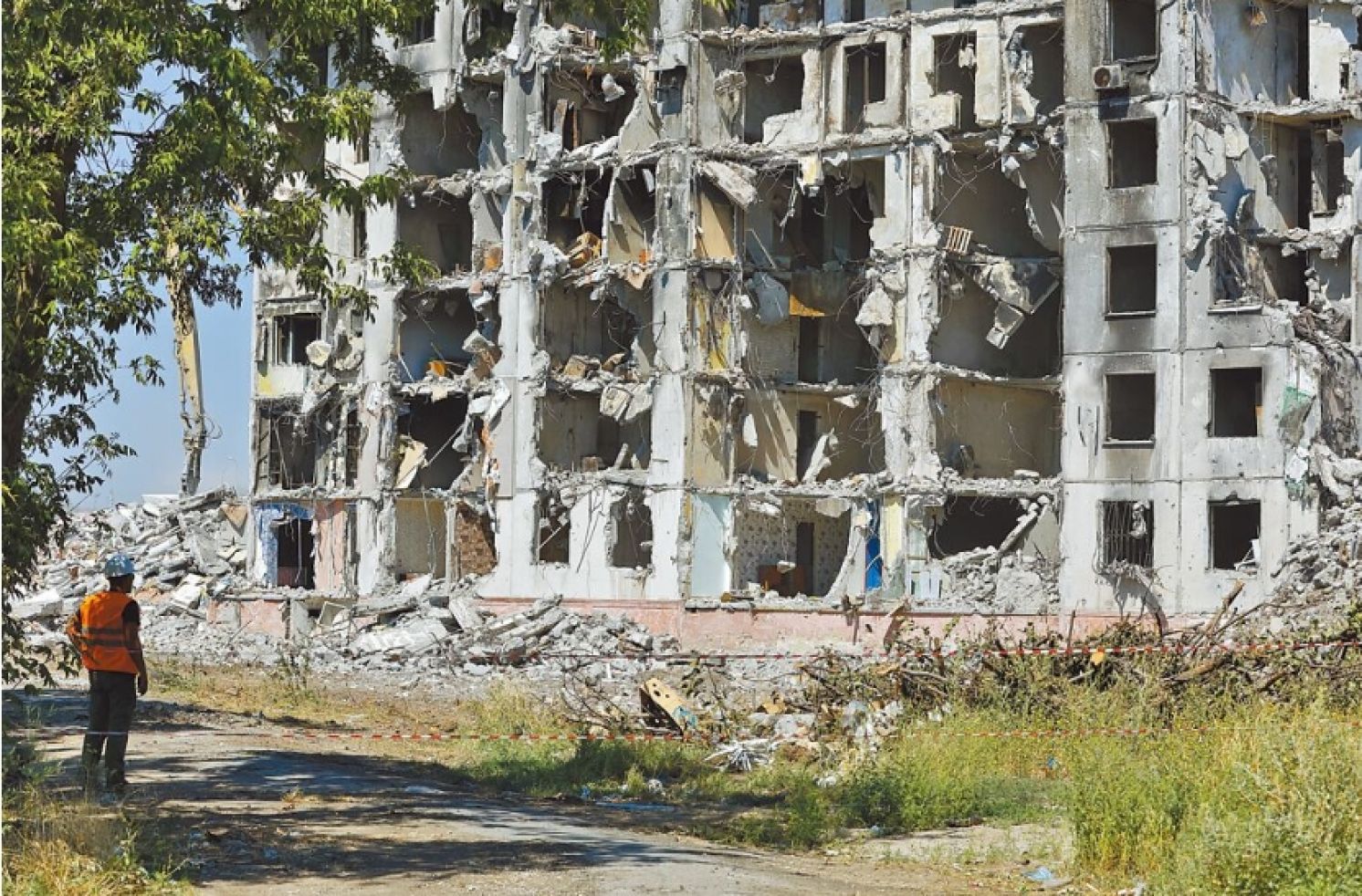
The World After the Russian-Ukraine War
By Chang Liang-jen
China Times, September 18, 2022
Russia has waged war against Ukraine from the early Spring of this year now to the end of Autumn. The country has found itself caught in the quagmire of the war, unable to move neither forward nor backward; its president trapped in a state of worry.
It is difficult still to predict the outcome of the war, but while the scoreboard shows that Ukraine has clearly suffered great losses, Russia has, from the position of a banker, become the biggest loser. The world has seen that a paper tiger, even with a nuclear tooth, cannot do much in a traditional war. The United States, on the other hand, has a mixed record of success and failures in this conflict: it has used Ukraine to weaken Russia; yet, it has also discovered that most countries are unwilling to sanction Russia under its leadership, foreshadowing a decline of its influence in the world. China has adopted a worldly wise and play safe approach, not confronting the United States and Russia—not doing anything, basically watching from the sidelines. It has not scored or lost points, but has instead sowed the seeds of greater conflict between the United States and China in the future.
With the Western nations—especially the United States—supplying arms to Ukraine without pause, it has been almost impossible for Russia to achieve its goals in traditional warfare. At this point, it is not known whether it will launch a tactical nuclear attack. If Ukraine had not given up its nuclear weapons in the first place, it is in doubt whether Russia would have conducted military operations against it today without any fear. It is worth observing whether other countries will develop nuclear weapons to protect themselves, as North Korea has done. Richard Haass, president of the Council of Foreign Relations, expressed such a concern in his article "A Dangerous Decade" published in the September/ October issue of Foreign Affairs this year.
The Russian-Ukrainian war has brought the international community back to the classical geopolitical conflict. If Russian aggression succeeds, it will certainly change the geopolitical landscape of the whole Europe, which will not only be a major blow to the influence of the United States in the international community, but also bring greater challenge to the international community’s ability to solve urgent global problems such as those of the displacement of peoples, climate change, the coronavirus (COVID-19), energy insecurity, and food shortage.
The people of Taiwan should see clearly from the Russian-Ukrainian war that the United States has intervened but not participated—that there was nothing that the United States could do about Putin and his decision to invade. This is a matter of will as well as capability.
If something were to happen in the Taiwan Strait, the United States will face a similar dilemma. A recent survey by Global Views showed that Taiwanese people believe that a military conflict between the two sides of the Taiwan Strait is more likely than not, and that the chances of direct U.S. military intervention are slim. The Taiwan Policy Act, which was recently passed by the Senate, makes clear the American position that it will not send military forces to intervene in the event of a military conflict in the Taiwan Strait.
After the Russia-Ukraine war, the main opponent of the United States is China. It will be a long-term struggle, not only in politics, but also in technology, trade, and ideology. All of this will have a greatly negative impact on Taiwan. Under these circumstances, how Taiwan can manage itself, protect itself and strengthen itself are considerations that should command the attention of all the people of Taiwan.
The author is the former vice minister of the Ministry of National Defense.
From: https://www.chinatimes.com/opinion/20220918003406-262110?chdtv